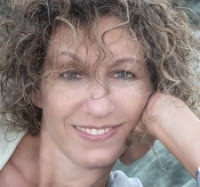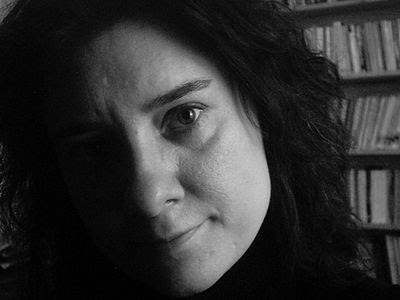The IATC journal Critical Stages/Scènes Critiques has been published just in time for your new year reading. Editor-in-chief Savas Patsalidis announced publication December 29 with a Special Topic for Number 16 edited by renowned international artist and author Johannes Birringer on "Sound/Theatre: Sound in Performance."
 |
| Flesh Waves (phase #4), by Isabelle Choinière, with dancers Laurie-Anne Langis, Édith Doucet, Nadège St-Arnaud, Béatrice Trudel, Frédérique Forget, 2013. Photo: Mateo H. Casis, Cie Loc & Mac |
Sound designer Chris Wenn weighs in on "Acoustic Ecologies of Independent Theatre in Melbourne." Scholar and artist Gretchen Jude explores the "Sounding Body as Digital Assemblage."
 |
| Bill T. Jones and I-Ling Liu perform Story/Time. Photo by Paul B. Goode |
Performance thinkers from around the globe consider varied topics within editor Birringer's "ensounded" construct such as aural choreography, Bill T. Jones "repurposing" John Cage, soundscapes of "narco silence" in the border areas of the United States and Mexico, corporeality in choreography of new music, sonic energy and the body, and other intersections of sound and performance as the impact of design creates new ways of thinking about theatre and performance.
 |
| La Terquedad, a project on which writer and director Rafael Spregelburd started working in 1996. |
Also featured in this edition are national reports on theatre in Ireland, Hong Kong, Argentina, Serbia, Greece, Anglophone Canada, Israel, and Chile. Performance review editor Matti Linnavuori of Finland has once again curated a lively selection on international perspectives from around the globe. Don Rubin of Canada offers his usual thoughtful collection of book reviews on performance topics.
Coming in February 2018, Critical Stages/Scènes Critiques will roll out the second installment of Number 16 featuring interviews, conference papers, and essays. Stay tuned for more and let us know how the journal might better provide news, reviews, essays, and special topics of interest to you.


























